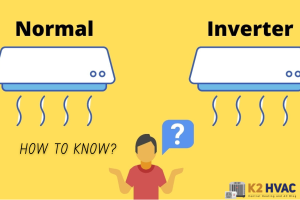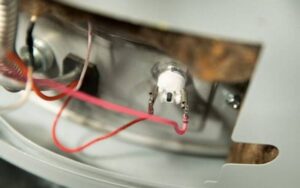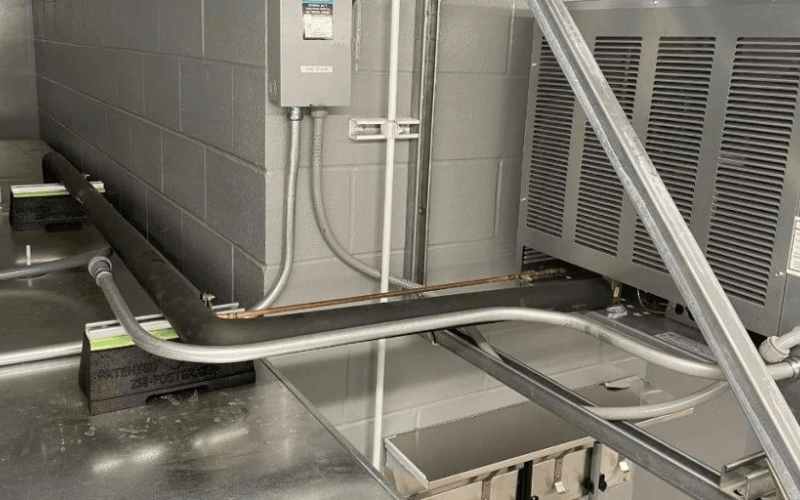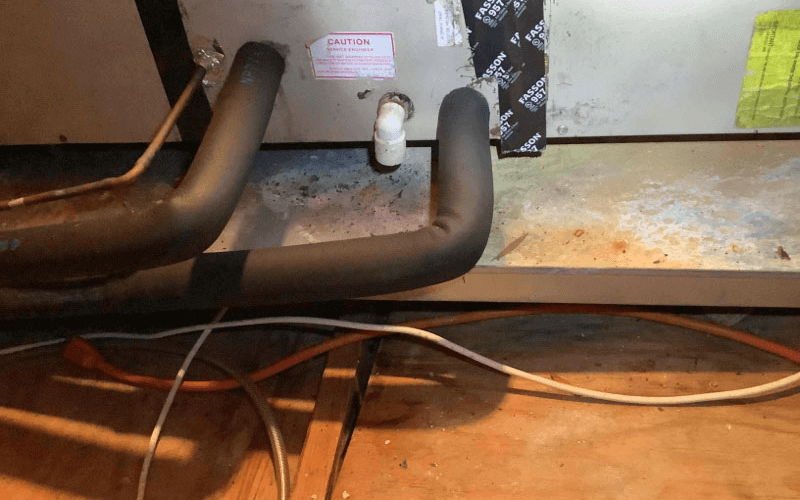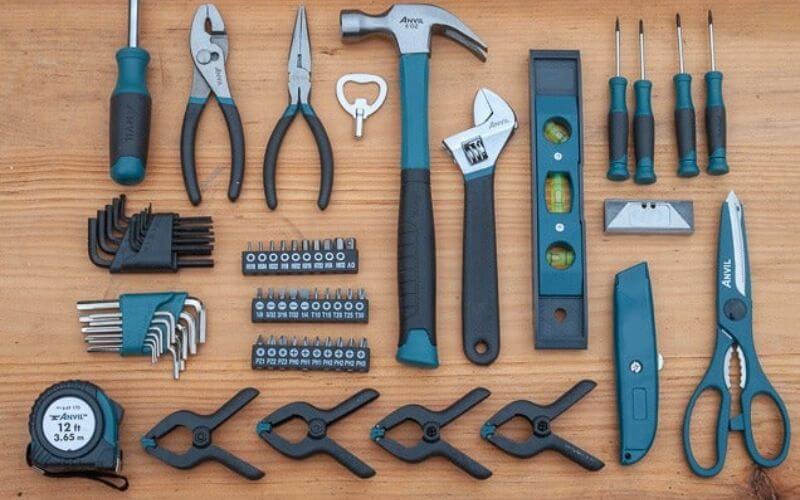Hot showers are among the most pleasurable experiences in our homes and, depending on the day, the entire world. Our water heaters aren’t miraculous machines that can deliver an endless hot water supply. They take their time to transform chilly shower water into delightful and steaming hot water. However, knowing how long you’ll have to wait for replacement parts when their supply runs out is critical because not all water heaters are the same.
Water heater capacities vary, but the most common is 40 gallons, which generates hot water in 30 to 40 minutes. A larger (80-gallon) tank will produce hot water in 60 to 70 minutes. Electric water heaters, on the other hand, necessitate more time. A 40-gallon electric tank will heat for 60 to 80 minutes, while an 80-gallon tank will take 2 hours. The longer it takes to heat the water, the larger the heater. Let’s take a closer look at the heating times of various heaters.
Table of Contents
ToggleTypes Of Heaters:
A Standard Gas-powered Tank Water Heater:
A basic gas tank water heater, such as one powered by propane, can heat water from an empty tank in 30 to 40 minutes.
| Image | Product | Features | Price |
|
Best Seller
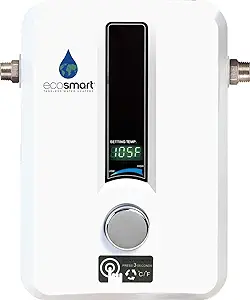
|
EcoSmart ECO 11 Electric Tankless Water Heater |
13KW at 240 Volts with Patented Self Modulating Technology |
$192.07
|
|
Best Seller
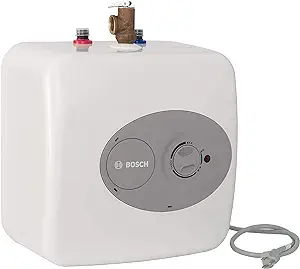
|
Bosch Electric Mini-Tank Water Heater Tronic 3000 T 2.5-Gallon |
Eliminate Time for Hot Water – Shelf, Wall or Floor Mounted |
$231.99 |
|
Best Seller
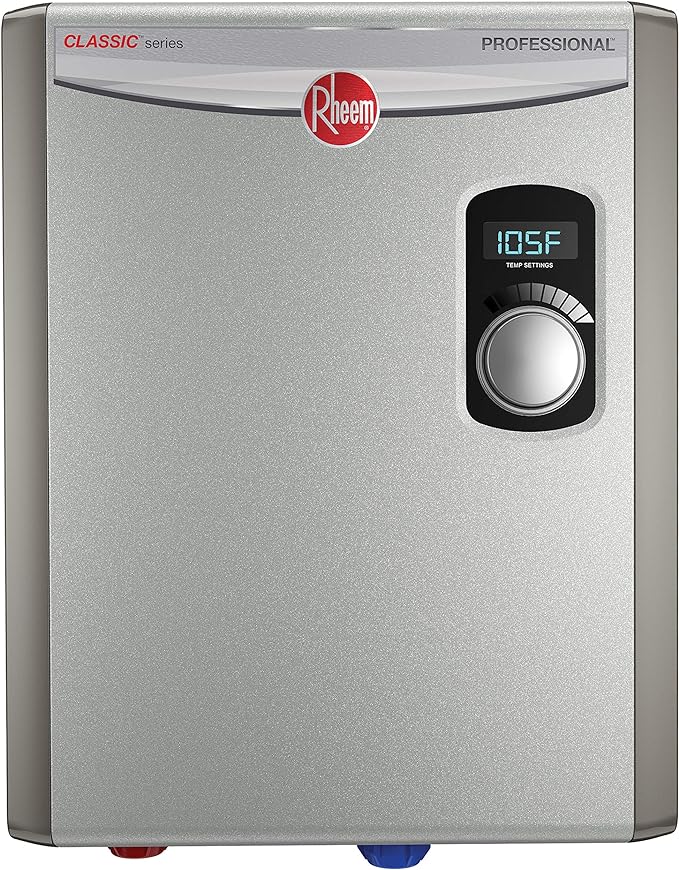
|
Rheem 18kW 240V Tankless Electric Water Heater
|
Digital thermostatic control, self-modulating, copper heating elements |
$449.17 |
|
Best Seller
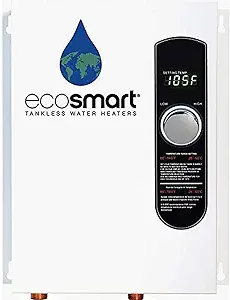
|
EcoSmart ECO 18 Electric Tankless Water Heater, |
18 KW at 240 Volts with Patented Self Modulating Technology , 17 x 14 x 3.5 |
$444.99 |
|
Best Seller
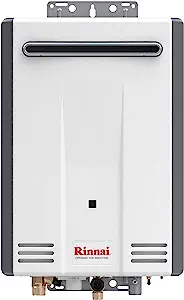
|
Rinnai V53DeP Tankless Hot Water Heater, 5.3 GPM, Propane |
Water Absorbing Snake, 1-Gal Absorbency, 3″ Diameter, 48″ Length, Pack of 12 |
$669.71
|
Gas Water Heater Without a Tank:
Tankless propane water heaters are common among households with moderate to high hot water demand. They heat water swiftly and efficiently on demand, providing hot water in seconds when properly scaled and fitted.
Electric Tank Water Heater:
One of these heaters can heat water in between 60 and 80 minutes. Electricity is only suitable for small families with low water heating needs because it cannot heat water or propane.
Tankless Electric Water Heater:
These machines, like tankless propane water heaters, heat water on demand, allowing for a speedier supply than equipment with storage tanks. They will, however, take significantly longer than propane.
Solar Water Heating System:
Some households install solar panels to collect energy that may be used to operate a water heater. If you do not live in an area that receives plenty of sunlight all year, you will most likely need to supplement the solar water heater with a gas or electric water heater.
Because solar heaters are often connected to an electric water heater, they should heat up in one to a half hours. However, if they do not have a backup energy source, a cloudy day may result in them going without hot water for an extended period.
Also, Read: Can You Still Use Water If the Heater Is Leaking?
Factors On Which Heating Depends:
The two most important parameters are the tank capacity (size) and type (electric, gas, oil, tankless, solar). Others enter the picture, and some of them may be rather important. Let us look at them one by one.
Maintenance:
Corrosion is one of the threats to be aware of. Corrosion is the slow corrosion of materials (often metals) caused by chemical or electrochemical reactions with their surroundings. Corrosion is unavoidable because the water heater is constantly exposed to oxygen and water. Water heaters are built to withstand corrosion in a variety of ways.
Corrosion is prevented via the glass-lined interior, temperature and Pressure Relief Valves, and sacrificial anode. Conversely, sediments will sink to the bottom of the tank and cover the elements. As a result, the heating components will be unable to dissipate their full quantity of heat.
Thermostat:
The water will heat up faster if both thermostats are set to HIGH rather than AVERAGE. However, it is feasible that the influence will be minor in the long run. The elements should not be depleted. Nobody wants to wait for hot water to arrive.
The Heating Elements’ Sizes:
Size matters, but only in moderation. The needs of the household should determine the size of the components. The more the components, though, the faster the water will heat.
Inlet Water:
The input temperature may also influence the heating time if you live where the water is frequently below freezing! Heating the water to 120-140 degrees Fahrenheit will take longer.
Consider the difference between a 55-degree entering water temperature and a 27-degree incoming water temperature. The longer it takes for the water heater to heat it, the colder it becomes.
Insulating Pipes:
Insulating the pipes will improve the efficiency of the hot water. It will aid in the prevention of heat loss when water flows from your water heater to your faucets. Pipe insulation is available at the majority of hardware stores.
Also, Read: Why Is My Hot Water Heater Leaking Water?
Hot Water Recovery Time:
When a water heater’s tank is empty, recharging takes some time. This is referred to as the recuperation time. This only pertains to tank heaters, not tankless heaters.
Recovery time for water heaters depends on a number of factors, including tank size, type and fuel source, water temperature, and device capacity to heat cold water quickly (it takes longer for devices to do this).
What Are the Main Reasons My Hot Water Heaters Run Slow?
Even with energy-efficient models, some issues can make water heaters heat more slowly. Common examples are:
Corrosion:
Its Calcium and magnesium present in water can quickly build up as sediment in your water heater over time, eventually becoming thick and crusty enough to restrict how quickly your unit heats the water.
Broken Dip Tube:
Your water heater’s dip tube is essential in transporting cold water directly from your faucet into its tank for heating; when broken, however, this allows hot and cold water to mix, creating even colder results overall. Any damage to this part could mean mixed temperatures entering the tank, rendering your water even colder overall.
Faulty Assemblies:
Fixing the faulty assemblies can be challenging if any components in your tank water heater become worn due to wear-and-tear or damage, such as gas burners or resistance coils.
Size:
Your water heater could be too small to meet your heating requirements if it takes too long to heat up, runs out of water quickly, and never refills itself because too much has leaked away through leakage.
Conclusion:
Various factors – the type and size of the heater, initial water temperature, and desired setting – determine how long it takes for water to reach its target temperature and remain hot enough. On average, water heaters generally take thirty to sixty minutes (varies with the type of heater) to bring the water to a temperature before maintaining that level.
FAQ:
How long does a water heater take to rewarm after being turned off?
On average, gas water heaters take around 30-40 minutes for their tanks to heat back up fully; electric models generally require double that amount of time (about an hour and a half in most cases). Once back on, both should take roughly the same timeframe to reheat.
How long a 50-gallon water heater takes to heat up?
A typical gas water heater that holds 50 gallons typically takes 40-50 minutes for its temperature to rise from 40 degrees Fahrenheit to 120 Fahrenheit; an 80-gallon model may take an extra hour or longer.
What amount of hot water would a 10-minute shower consume?
With a low-flow showerhead, approximately two gallons per minute, or 20 total, will be used during this 10-minute experience. Modern showerheads add approximately one gallon every minute – meaning a 10-minute session would utilize 25 gallons.


